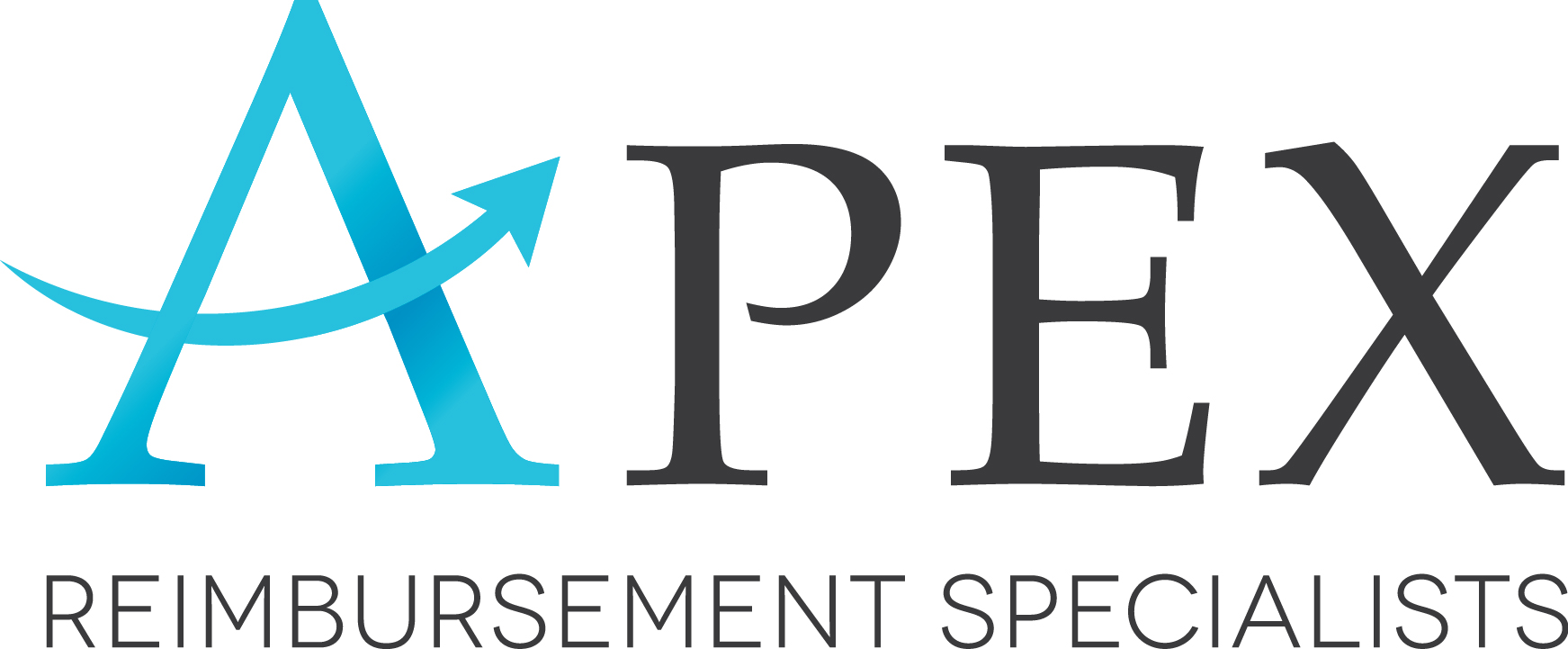At any dental practice, claim denials can significantly impact cash flow and operational efficiency. High claim denial rates can happen for a variety of reasons, including a lack of insurance verification or inefficient billing practices. By implementing effective strategies to reduce your claim denial rates, you can improve the financial health of your practice and provide an even better patient experience. How can you lower denial rates?
Staff Training
How much does your staff know about the problems that can occur with a claim? If solely your billing staff understand what goes into claim denial rates, you need to get everyone on the same page. After all, other staff members are responsible for completing charts and adding information that might be necessary to substantiate a claim! Make sure that all of your staff members understand insurance guidelines and their role in proper billing practices.
Insurance Verification
There are countless benefits of patient insurance verification, yet many practices still do not take the time to do so. Proactively verifying a patient’s insurance coverage gives you an opportunity to correct minor details, like address or date of birth, that might prevent a claim from being approved. Make sure that you confirm a patient’s eligibility, benefits, and any coverage limitations to avoid high claim denial rates. There are numerous verification tools available, but you can also manually call carriers to get confirmation.
Accurate Documentation
If a claim is denied, you might need to submit evidence to show what work was performed and why it was needed. Without proper documentation, that is virtually impossible. Emphasize the importance of accurate and thorough documentation of dental procedures, diagnoses, and treatment plans in patient records. Perform periodic audits of documentation to make sure that clinical notes are detailed, legible, and compliant with any relevant insurance documentation requirements. Clear and comprehensive documentation makes resubmission easy.
Prompt Submission
Designing and implementing efficient workflows for claim submission and follow-up isn’t always easy, but it is worth the effort. Always submit claims promptly after the services are rendered. Monitor claims once they are submitted and promptly follow up on any unpaid or denied claims to identify why they were denied and take corrective action. When you have systems in place to track claims and quickly resubmit denials, you will naturally decrease your claim denial rates over time.
Improve Your Dental Practice with APEX Reimbursement Specialists
Whether you’re looking for a way to make revenue cycle management at your dental practice easier or hoping to improve your overall patient communication plan, APEX Reimbursement Specialists is here to help. Contact our team today by calling (410) 710-6005. We look forward to working with you to make your practice a more profitable place.

